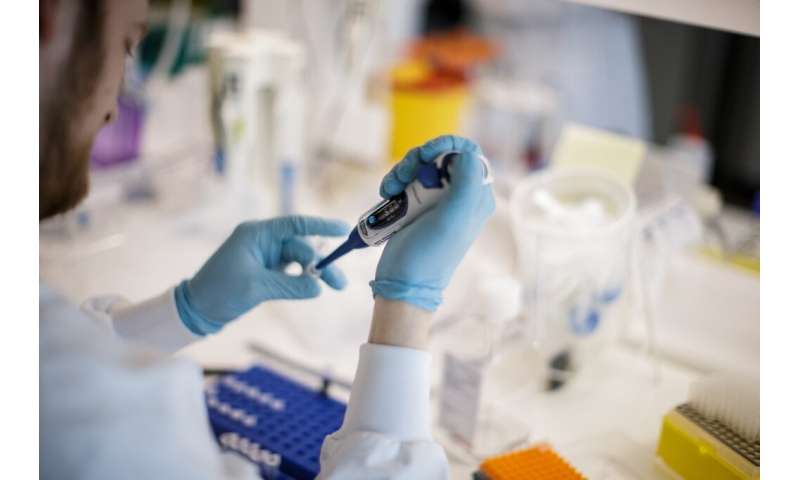
The race is on to produce a vaccine against COVID-19 but it is not certain that one can be found, the head of the global vaccines alliance said Friday.
Seth Berkley said the more competition the better in the scientific fightback against the new coronavirus pandemic, which has killed nearly 200,000 people since it emerged in December.
The head of the Gavi Vaccine Alliance also said confidence in an eventual COVID-19 vaccine would be greatly boosted if political leaders were seen getting immunised, saying he was “quite disturbed” by highly-politicised campaigns against vaccination.
“One of the challenges is we don’t know if we can make a vaccine,” Berkley said at a virtual press briefing in Geneva.
“I’m quite optimistic, from what I know on the science—but we have no proof of concept yet.”
While a vaccine might normally take 10 to 15 years to develop, Berkley said the first vaccines against COVID-19 might be available in 12 to 18 months “if we’re really lucky”.
“You want initially the race for the vaccine. That competition is great,” he said, explaining that rather than having dozens of vaccines being worked on that eventually were identical, it was better to have varied ones that acted differently.
There are currently over 100, and possibly up to 150 different vaccines in various stages of development, he said.
Vaccine hesitancy
A growing anti-vaccine movement has helped spark measles outbreaks in many richer countries in recent years.
The anti-vax phenomenon has adherents across Western countries but especially in the United States, where it has been fuelled by the spread on social media of medically baseless claims.
“Vaccine hesitancy relates to the fact that vaccines are so effective that the diseases have disappeared” in countries where yellow fever, tetanus and the like are “never seen”, Berkley said.
The social media rumour mill is also churning away during the current pandemic, he said, adding that he was “quite disturbed about these very politicised campaigns”.
But the pandemic might lead to more people trusting vaccination, he said.
Any vaccines that will emerge will be used globally, which would remove discussions about anyone being used as “guinea pigs”, and sceptics may be made more comfortable “if political leaders across the world and others are getting it”.
He said the first group of people to be vaccinated should be healthcare workers, followed by those in at-risk groups, such as people with heart disease.
The elderly are at the highest risk of death from the virus, but he warned that it was always harder to vaccinate them because their immune systems are not as responsive as youngsters.
Gavi provides vaccines against a wide range of diseases for the 60 percent of the world’s children who live in developing countries.
There must be needs-based global access to an eventual COVID-19 vaccine, he said, to avoid the “risk of having the worried well gobble up all the vaccines”.
Source: Read Full Article


